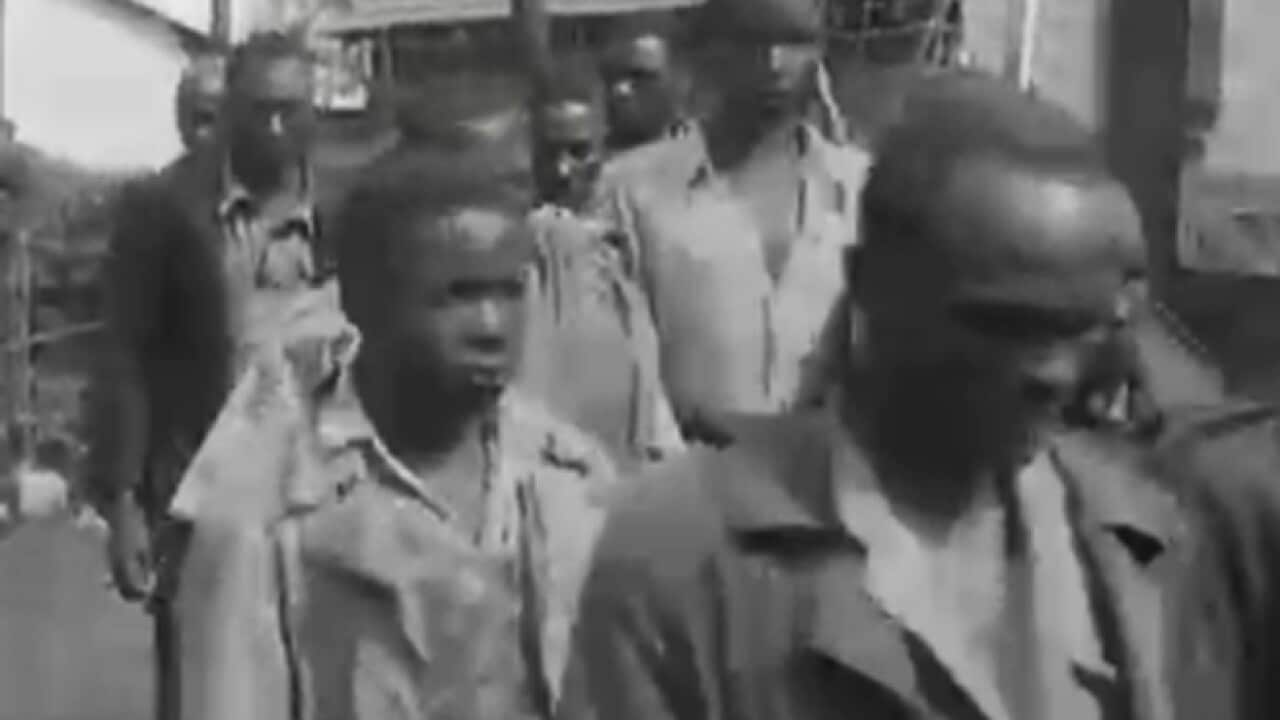Britain's Foreign Office has admitted some Kenyans were tortured and killed during an anti-colonial rebellion in the 1950s, but denies the current government has any responsibility for the survivors.
The government was in London's High Court on Thursday to defend itself against a suit by four elderly Kenyans who claim they were tortured by officers acting for the British administration who were trying to suppress the "Mau Mau" rebellion, where groups of Kenyans attacked British officials and white farmers who had settled in some of Kenya's most fertile lands.
In 1952, prime minister Winston Churchill declared a state of emergency in the country and sent British soldiers to help colonial administrators capture the fighters and send them to detention camps.
African soldiers under the King's African Rifles regiment also took part in the British assault on the Mau Mau and their supporters.
US President Barack Obama's grandfather, Hussein Onyango Obama, was one of thousands of Kenyans detained.
Beaten, sexually assaulted
The four Kenyan claimants who flew to London for the court case say they were severely beaten and sexually assaulted by European and African soldiers, officers and prison guards inside the detention camps.
Two male claimants - Ndiku Mutua and Paolo Nzili - said they were castrated, and Jane Muthoni Mara said she was violently sexually assaulted.
They say British administrators were aware they were being mistreated, and want an apology and compensation from the British government.
They are supported by the Kenyan Human Rights Commission, which hopes their case will force Britain to acknowledge and possibly compensate the thousands of Kenyans it claims were tortured, maimed or killed in the detention camps.
Foreign Office lawyer Robert Jay admitted on Thursday several Kenyans were "screened" or tortured and interrogated inside the detention camps, but argued that Britain had not explicitly enacted a law that said prisoners were to be severely beaten or tortured, and it could not be held responsible for the abuses.
In one incident, inmates at Hola prison - a detention camp later reclassified as a high security prison - rioted against being ordered to perform manual labour. In the fighting that followed, 11 prisoners were clubbed to death. One of the claimants, Wambugu Wa Nyingi, was beaten unconscious in the clash.
Jay accepted the deaths were "an appalling event" and blamed prison guards for the incident. But he said British soldiers sent from the UK to Kenya specifically to fight the Mau Mau insurgency "played no role in screening activities inside the camps".
He said the officers who ran the camps were under the jurisdiction of the colonial administration in Kenya, and all its powers and liabilities had been legally passed to the Kenyan government on independence in 1963.
Outlawed
The Mau Mau were outlawed by the British administration, and the newly independent Kenyan government maintained the ban, worried that ill feeling between the Mau Mau and the Kenyans who had fought them on British orders would undermine national unity. The ban was lifted in 2003.
The court case could prove a huge headache for the British government, which fears it may lead to similar claims from citizens of other former colonies who also hold grievances over the way they were treated under British rule.
The Foreign Office admitted earlier this week it has discovered thousands of files containing sensitive information about how its officials behaved in the waning years of the British Empire. It was forced to reveal the existence of these files after law firm Leigh Day, representing the Kenyan claimants, appealed to the High Court that the government open secret documents detailing how the rebels were treated.
Share

